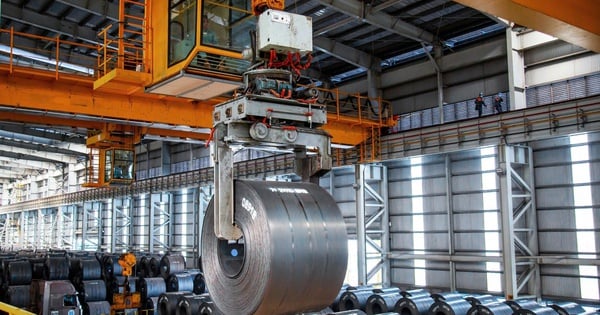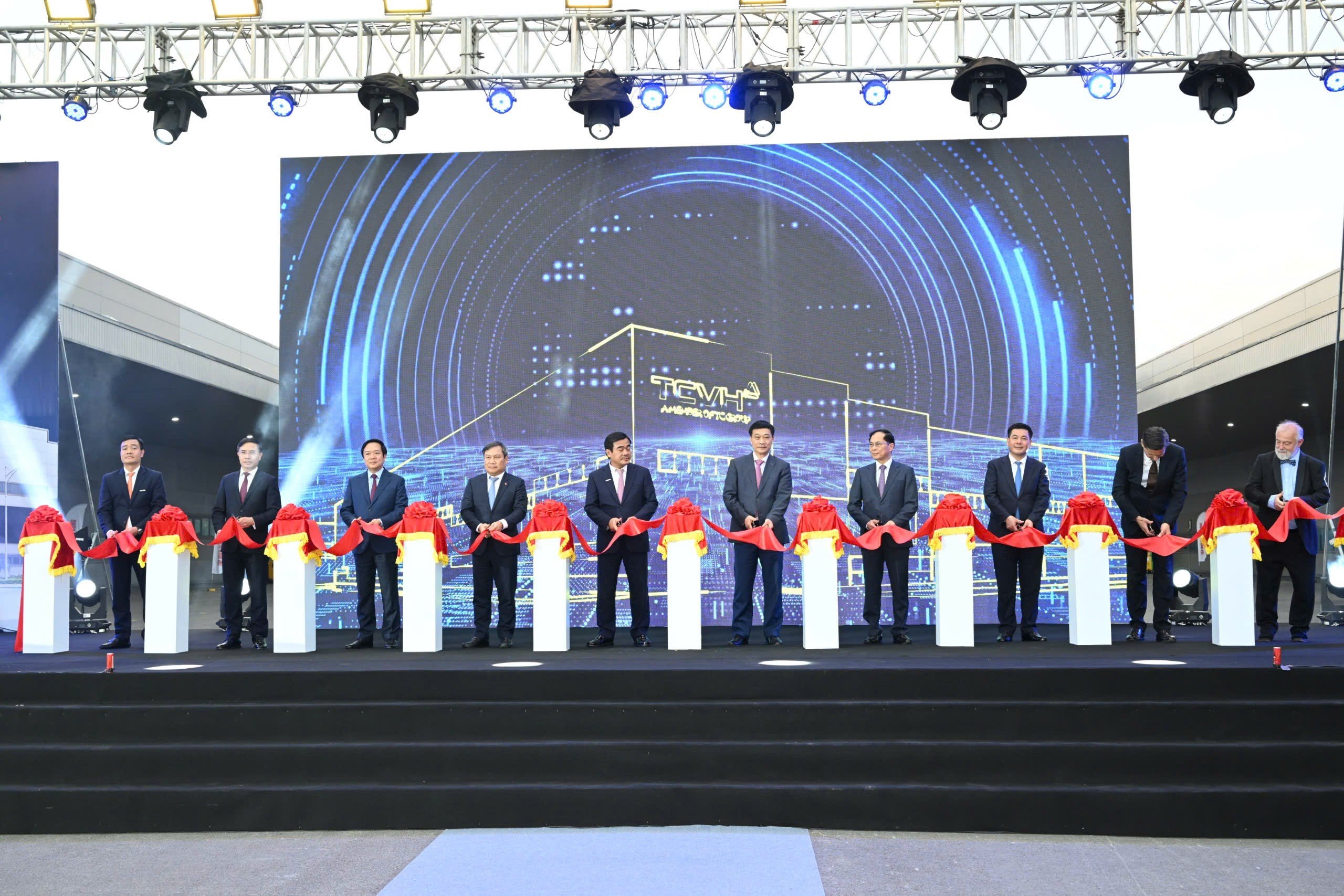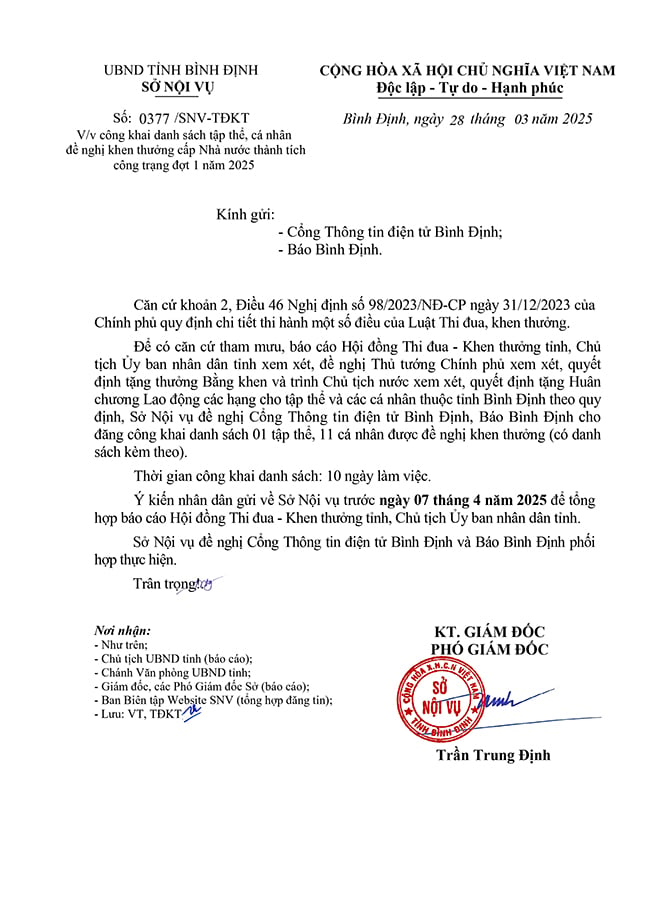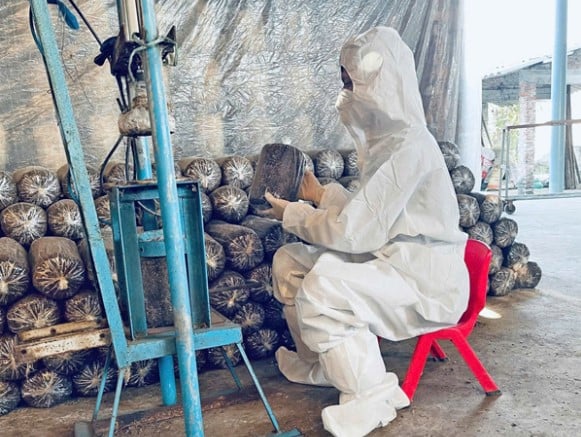 |
| Skoda Auto Volkswagen's Vision In Compact SUVs. The group's plants in India can produce around 240,000 cars a year. © Reuters |
Global automakers aim to turn India into an export hub as domestically produced vehicles aimed at the wealthy become more globally competitive.
India has overtaken Japan to become the world’s third-largest auto market after the US and China, according to 2022 figures. The country’s auto exports rose 14% in the year to March 2023, with 662,891 units shipped. While that’s still far behind Japan’s 3.37 million vehicles in the same period, Indian automakers see room for further growth.
As incomes rise, Indians are shifting towards more expensive sports utility vehicles and sedans rather than hatchbacks.
The Japanese automaker “wants to use India as a major export hub,” Frank Torres, president of Nissan India, told Nikkei Asia. Nissan currently exports its Magnite SUV, which was launched in India in late 2020, to 15 countries in South Asia, Southeast Asia and Africa. The company plans to start exporting left-hand drive variants of the SUV to the Middle East and Latin America. Nissan and partner Renault have committed $600 million this year to launch six new models, including electric vehicles, to be sold by 2025. All of those models will be exported.
“Exporting [from India] is one of the pillars of our strategy,” Torres said. “It not only increases our revenue but also increases our capacity utilization.”
Analysts say the shift in domestic demand from small, cheap cars to higher-quality vehicles could encourage other global automakers to plan more “India first” models that will eventually be exported.
“Carmakers have learned that if you make a compelling product, Indians will not object to it, ” said Harshvardhan Sharma, head of automotive retail at Nomura Research Institute. “There is no need for automakers to plan one for India and two for the global market, because the Indian market is quite synchronized and in tune with the global market.”
India’s exports are on par with its major Southeast Asian rivals, according to local auto associations. Indonesia exported 512,448 cars in the year to March 2023, up 70% from the same period last year, while Thailand shipped 300,000 units between January and June this year.
Additionally, India's lower costs are another potential advantage for an export-focused approach.
According to Piyush Arora, CEO of Skoda Auto Volkswagen, the company's Indian arm will spearhead the group's expansion in Southeast Asia. "We are definitely exploring newer markets [for exports from India]... Till last year, we were exporting only Volkswagen-branded cars and now we have started looking at Skoda-branded cars [to the Middle East]," Arora said. "I believe we have a cost advantage for the domestic market and that translates into a cost advantage for exports as well. India's strength in low-cost manufacturing is definitely being leveraged."
India has a vast network of domestic component suppliers and relatively cheap labor. The auto parts industry is set to grow about 33% in fiscal 2023 to about $70 billion, the Automotive Component Manufacturers Association of India said in a report earlier this month.
Rising domestic demand coupled with plans to launch electric vehicles has also prompted local companies to build more factories, with some of the output expected to be shipped overseas.
Maruti Suzuki, India's largest automaker with about 41% market share, has an annual production capacity of 2.25 million vehicles in fiscal 2023. A Maruti spokesperson told Nikkei that it is looking to start operating a third plant by 2025 with an annual capacity of 250,000 vehicles and aims to eventually increase capacity at that plant to 1 million units. "The company is optimistic about the growth potential of the auto market in India as well as the country's auto export potential. To capitalize on this opportunity, Maruti Suzuki has put a plan [in place] to increase its production capacity."
Source


![[Photo] Helicopters and fighter jets practice in the sky of Ho Chi Minh City](https://vstatic.vietnam.vn/vietnam/resource/IMAGE/2025/3/28/3a610b9f4d464757995cac72c28aa9c6)
![[Photo] Vietnam and Brazil sign cooperation agreements in many important fields](https://vstatic.vietnam.vn/vietnam/resource/IMAGE/2025/3/28/a5603b27b5a54c00b9fdfca46720b47e)
![[Photo] General Secretary To Lam receives Brazilian President Luiz Inácio Lula da Silva](https://vstatic.vietnam.vn/vietnam/resource/IMAGE/2025/3/28/7063dab9a0534269815360df80a9179e)




























































































Comment (0)